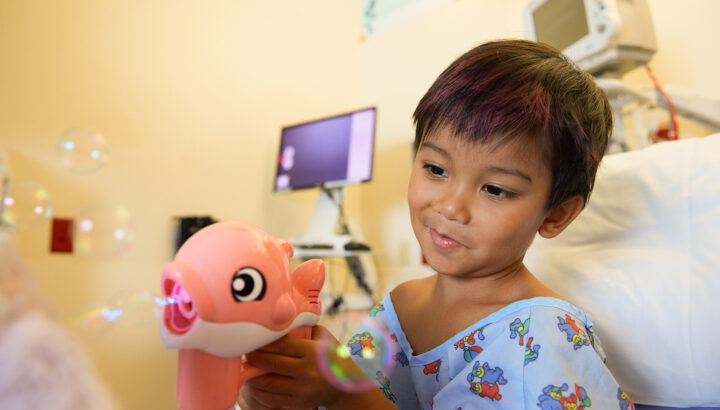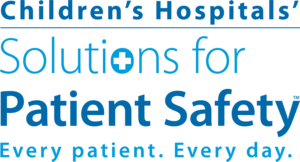Be part of the safety team for your child

1. Be a patient advocate for your child
Ask questions about your child’s care and raise any safety concerns you have. If your concerns are not being heard, request to speak with the Unit Charge Nurse or Hospital Supervisor.
You might say: “Excuse me, I have a few questions before you start treatment. Would you mind answering them, please?”
2. You know your child best
Share unique details about your child that may impact their care (i.e. they have a fear of animals or only like to eat food cut in small pieces).
3. Verifying your child
Health care team members should always confirm your child’s patient identification (e.g., name, date of birth) before providing care, treatment, or services.
You might say: “Excuse me, I didn’t see you verify my child’s name.”
4. Wash hands
Wash your hands and your child’s hands when entering and leaving the hospital, your patient room, the bathroom, and any treatment rooms (such as x-ray); and be sure to wash if you have handled any soiled material.
5. Ensure they wash, too
Since you are part of your child’s health care team, do not be afraid to remind staff about washing their hands before working with your child—even if they are wearing gloves.
You might say: “Excuse me, I didn’t see you wash your hands. Please do so before caring for my child.”
6. Stay clean & dry
If your child has an IV catheter or a wound, keep the skin around the dressing clean and dry and let your health care team know if it gets wet, loose or looks concerning.
7. Watch for red or irritated skin
If you notice any new redness or irritation on your child’s skin, notify your child’s health care team. Ask what steps can be taken to prevent harm to the skin.
8. Safety first
Make sure to always assist your child with standing or walking. Use equipment or ask for help to make sure you can support your child as needed.
Follow safe sleep practices:
- Place the child in a crib or bed for sleeping.
- Do not hold your child if you are sleeping.
9. Know the medications
Ask for the names of the medications your child is receiving in the hospital and how they are expected to help your child.
You might say: “Excuse me, that medication is not familiar to me. Can you please double check it against my child’s chart?”
10. Be prepared when going home
When your child is ready to go home from the hospital, make certain you know what medications and/or treatments your child will need once home. Ask what you should watch for that will require a call to your child’s doctor or the need for follow up care.
Adapted from content provided by the Children’s Hospital Association and Children’s Hospitals Solutions for Patient Safety.

